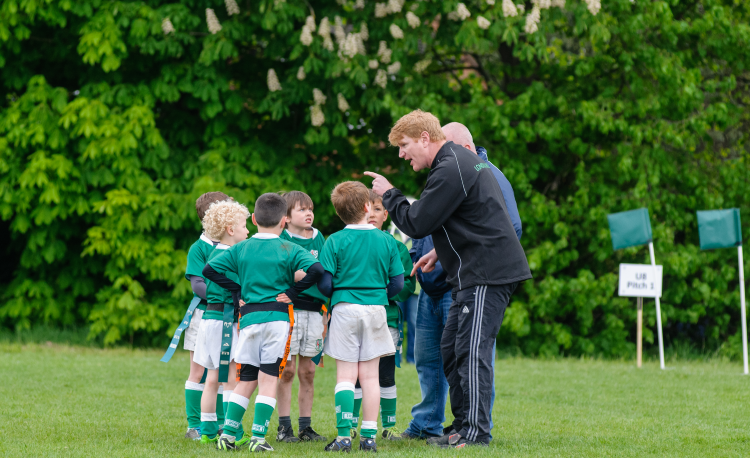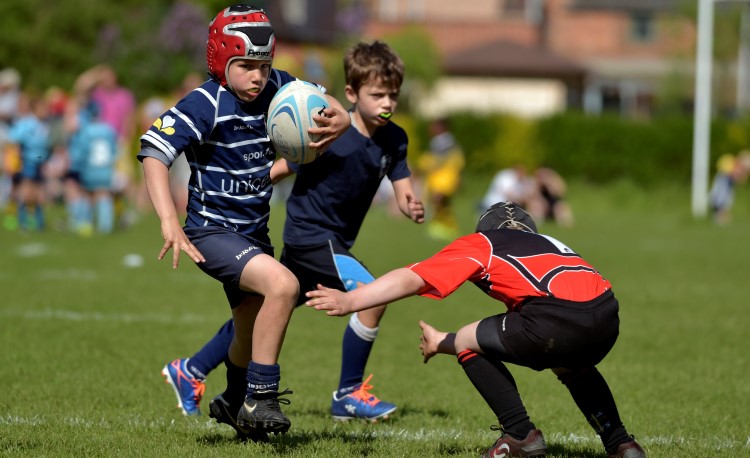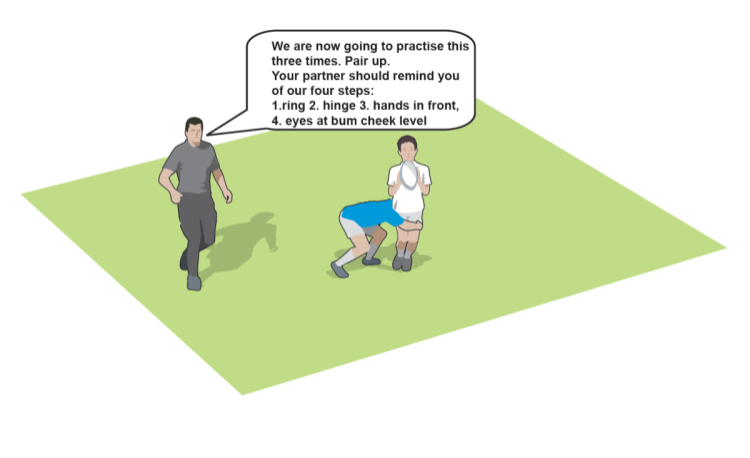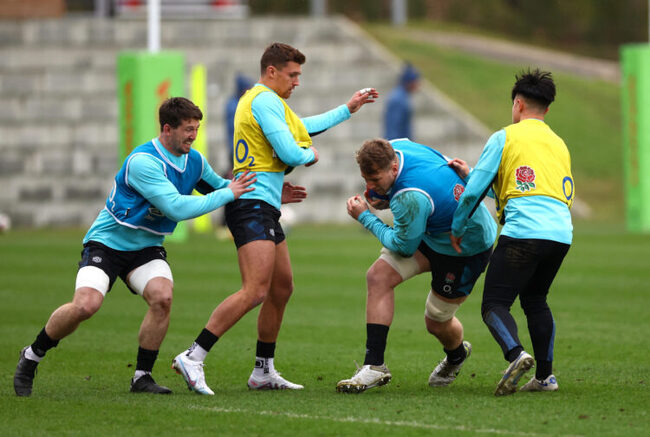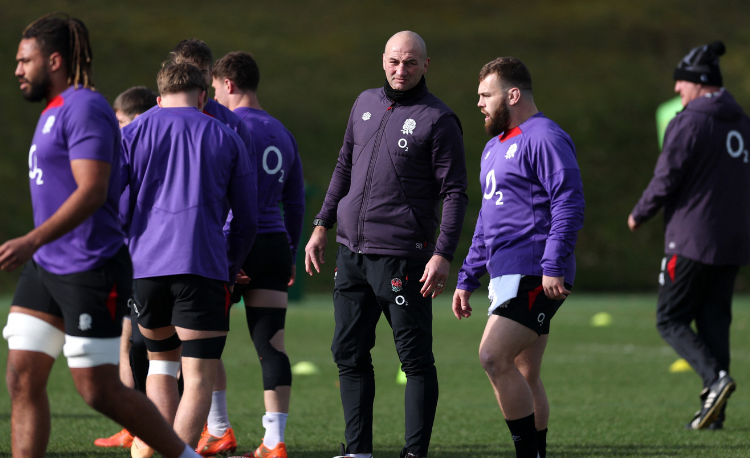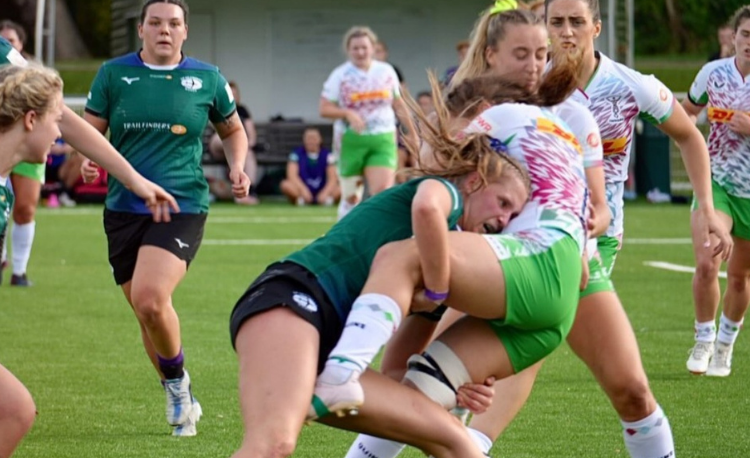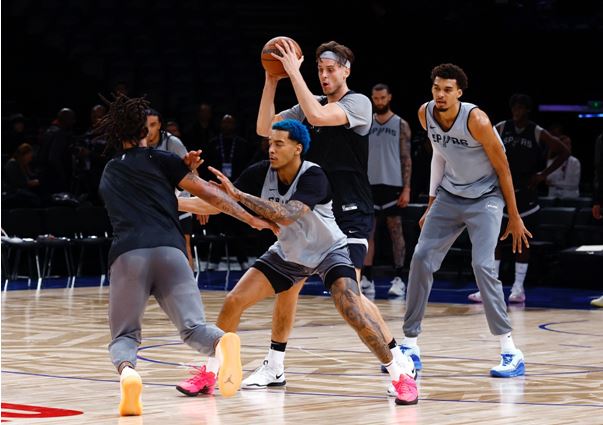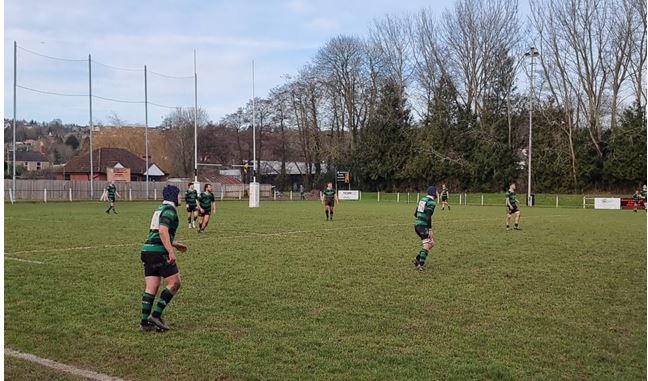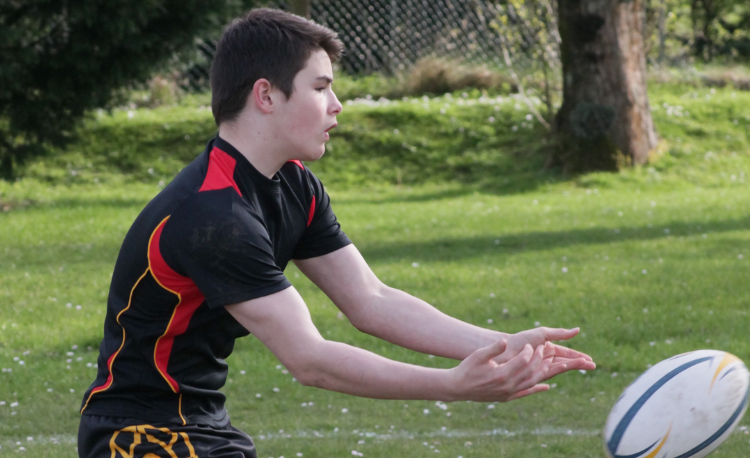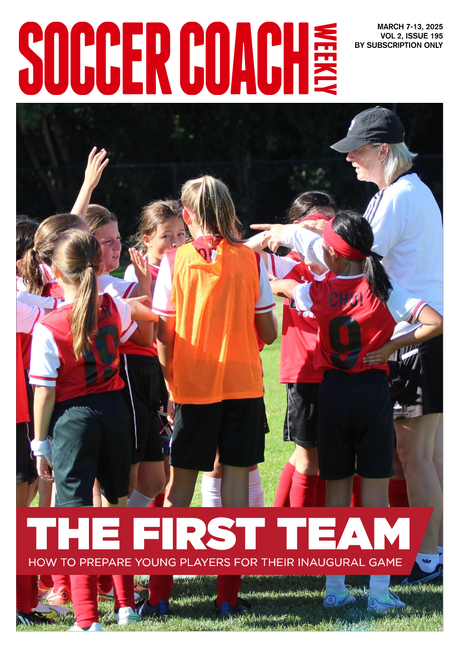Being resilient when coaching youngsters
Often, you have to spend more time managing parents than children. Youth and senior coach STEVE RIDDLESTONE offers his advice for this testing relationship.
First, let’s put my team into context – they do win occasional games, improving over the year, and are now beginning to make their skills count.
During my time with the squad, I have had several parents who believe their children to be better than the average player.
Despite knowing nothing and being entirely taught and coached by me, they decided that their child was better than others, so demanded they either not be substituted or move to a club that adopt a win-at-all-costs approach.
The latter, when it happens, is always disappointing, but I have learned to move on quickly for both myself and the remaining squad players.
As time has passed, these so-called better players have become either disillusioned as others have improved, or quit the game entirely.
And, even though I always make it very clear that they can come back to our squad – within the ethos and guidelines laid down – they never do.
The parents have, essentially, made them quit a sport they loved so much.
Handling parents
I always hold briefings with my parents and players at the beginning, middle and end of the season.
I always remind them of the ground rules that I employ as head coach. These are:
- Everyone will be coached equally, dependent upon their individual need
- Everyone will play as close to an equal amount of time in games as possible. The only exceptions being cup matches and positional requirements to make the team function
- Players will be expected to focus on core skills as their ultimate priority. Positional skills will be coached as needed. Good core skills take time, while it is easier to adopt positional skills
- Players will be expected to play in more than one position, for the good of the team
- As players grow older, and their body shapes and abilities change, their positions will also change
- Cup games are the only matches we play to win. We may not necessarily use subs because...
> Each round is a blank sheet for selection
> If you were not involved in the first round, you can be in contention for the following round
> We may suffer unavailability for a variety of reasons. Everyone needs to feel we can compete due to good core skills and we have players used to playing in different positions
> We progress through each round as a squad
Keeping everyone engaged means the lads keep turning up. We are now getting better and closer to those teams that regularly used to thrash us.
I had a squad of 24 registered players at U14s, and training and games saw an average attendance of 20, even during really bad weather.
The lads took great heart and motivation from very nearly overturning opposition that had previously beaten us by 30 points or more, and are starting to realise that they have the potential.
It takes time
More importantly, after eight years of giving the same messages to the same group of players and parents, I have finally got the responses I have been hoping for in parent attitude.
Several parents of players who are now showing good skills and a genuine desire to play well for the team have said how their son would have given up if it was not for the inclusive nature of training, coaching and selection.
QUOTES FROM PARENTS
“If it was football, he would have been asked to leave the squad years ago. That happened in his football team. Your approach has meant he has developed, is now really enjoying the game and making a really positive contribution."
“He loves the rugby club, and, although he was a bit awkward at the beginning, he really enjoys the game. His best mates are his rugby mates, even though many of them are not from the same school. Keeping it inclusive and fun has kept him involved and he is repaying that patience."
Related Files
Newsletter Sign Up
Coaches Testimonials

Gerald Kearney, Downtown Las Vegas Soccer Club

Paul Butler, Florida, USA

Rick Shields, Springboro, USA

Tony Green, Pierrefonds Titans, Quebec, Canada
Subscribe Today
Be a more effective, more successful rugby coach
In a recent survey 89% of subscribers said Rugby Coach Weekly makes them more confident, 91% said Rugby Coach Weekly makes them a more effective coach and 93% said Rugby Coach Weekly makes them more inspired.
Get Weekly Inspiration
All the latest techniques and approaches
Rugby Coach Weekly offers proven and easy to use rugby drills, coaching sessions, practice plans, small-sided games, warm-ups, training tips and advice.
We've been at the cutting edge of rugby coaching since we launched in 2005, creating resources for the grassroots youth coach, following best practice from around the world and insights from the professional game.
